The Samsung Galaxy S24 is another landmark photography moment – for good and bad
The cases for and against Samsung's major new camera tricks
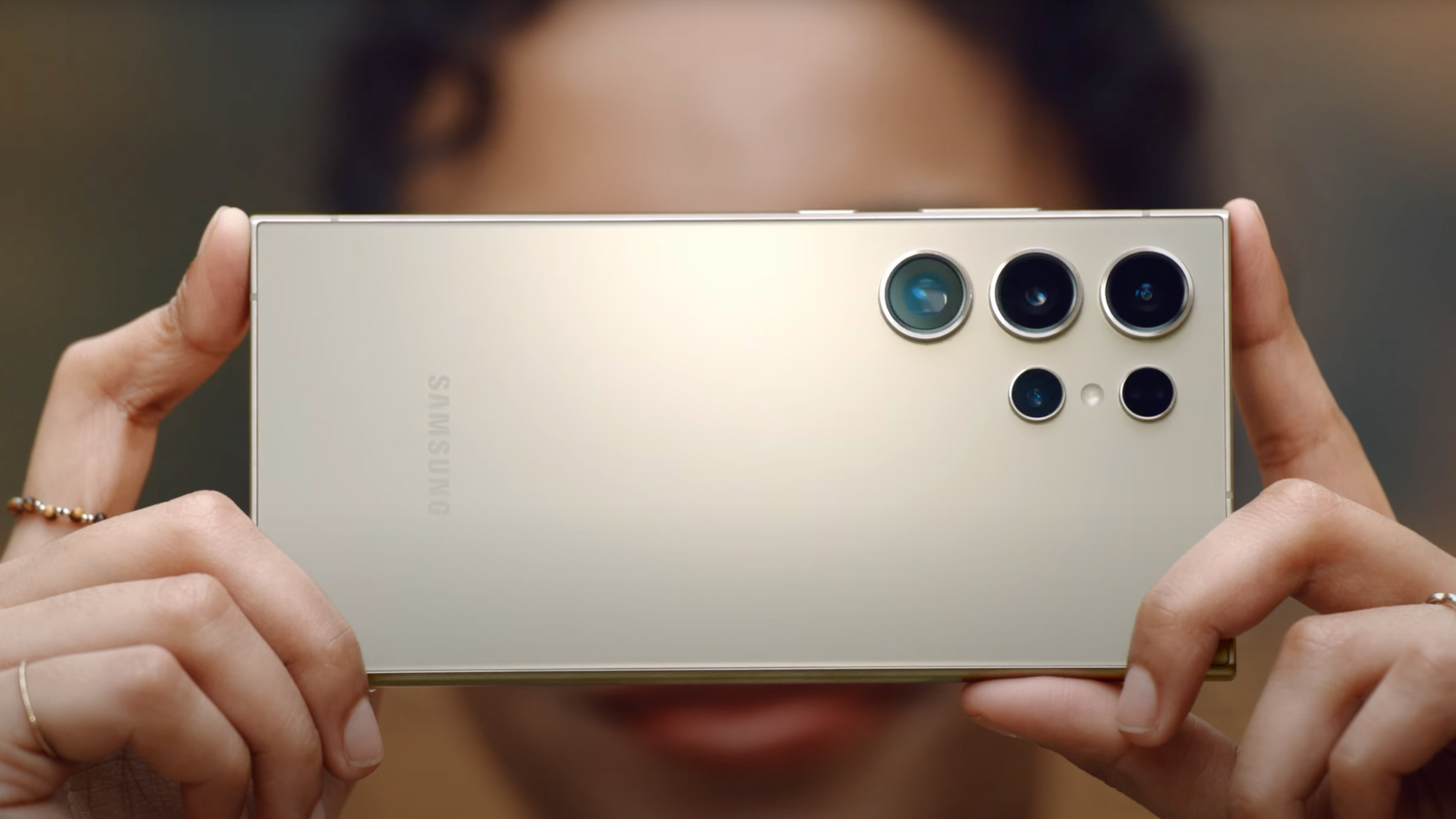
The Samsung Galaxy S24 is the next-gen photography companion that the Samsung Galaxy Camera promised to be 12 years ago – a rethink of what we can expect from our pocket cameras.
No longer is multi-frame processing the killer smartphone trick. Now, thanks to generative AI, phones such as the Galaxy S24 are starting to suggest complex edits and even pull them off. As TechRadar's former cameras editor, that prospect remains a pretty head-spinning one. A few years ago, I was reviewing compact cameras such as the Sony RX100 series – which now look about as advanced as a Kodak Brownie.
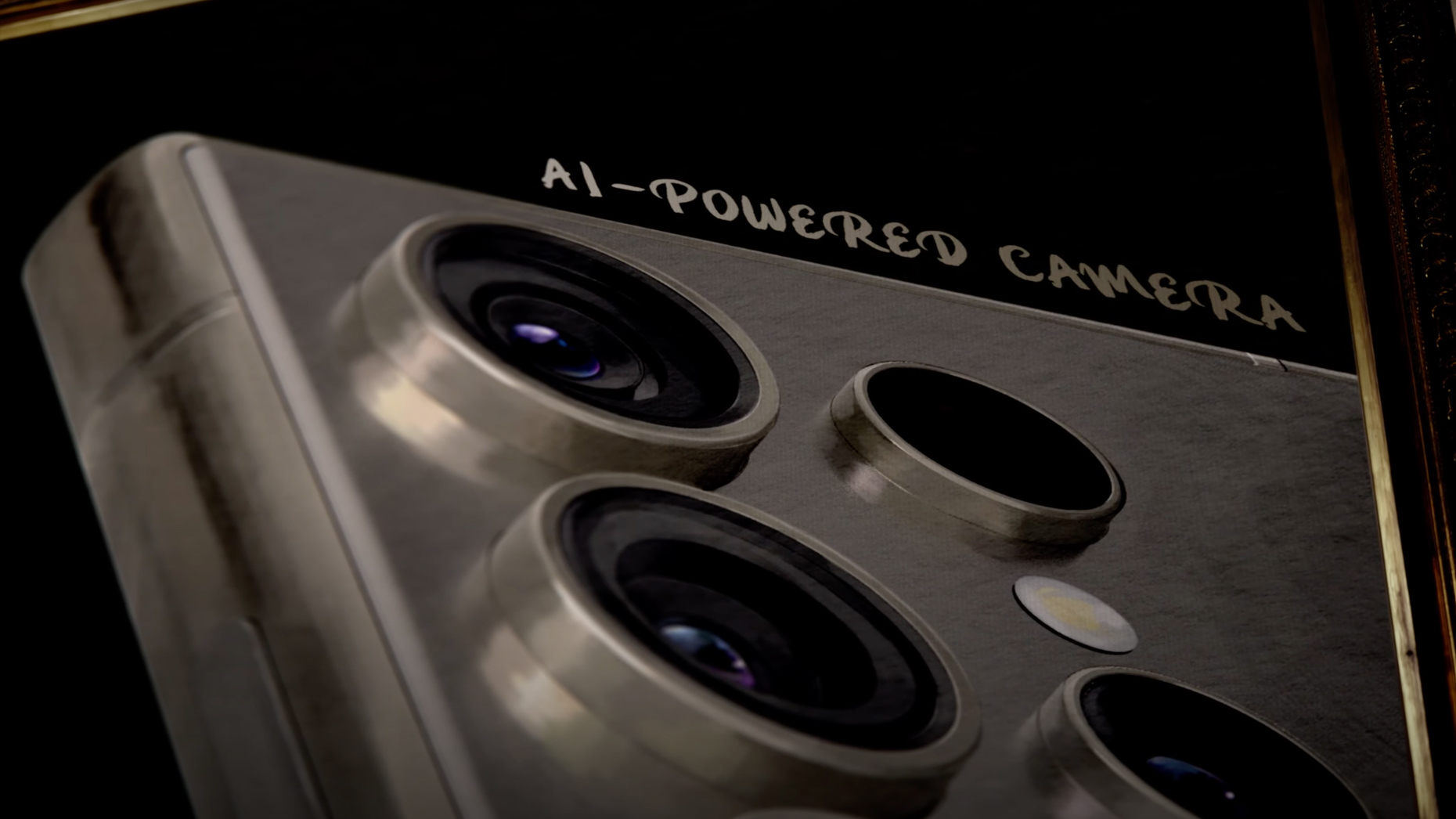
From the Galaxy S24 and Pixel 8 Pro onwards, phones won't only be capable of automating the photo-taking process, they'll handle the post-processing, too. To an extent, they're already doing this – but, as our hands-on Samsung Galaxy S24 review shows, the promise of "pro-like AI edits in a snap" isn't yet consistently delivered. "Artifacts" could become the word of the year in photography, given how big generative AI is about to become.
Nevertheless, however you feel about algorithms taking a healing brush to your memories, the S24 confirms that this tech is here to stay – and its implementation on Samsung's new flagships has left me with seriously mixed feelings...
The case for
The Galaxy S24 series certainly does a lot right. An "AI-powered camera", as Samsung calls it, could easily get carried away and unleash a torrent of fakery and deepfakes on social media. The S24 has even played things safer than the Pixel 8 Pro, which pushes the limits of social acceptability with its face-swapping Best Take feature.
There are some genuinely useful new features. The S24's on-device ProVisual engine can look at your photos and make Edit Suggestions – "erase shadows" and "erase reflections," for example. What's impressive is that these are hardly simple edits – they're things that a few years ago would have taxed even a professional photo editor.
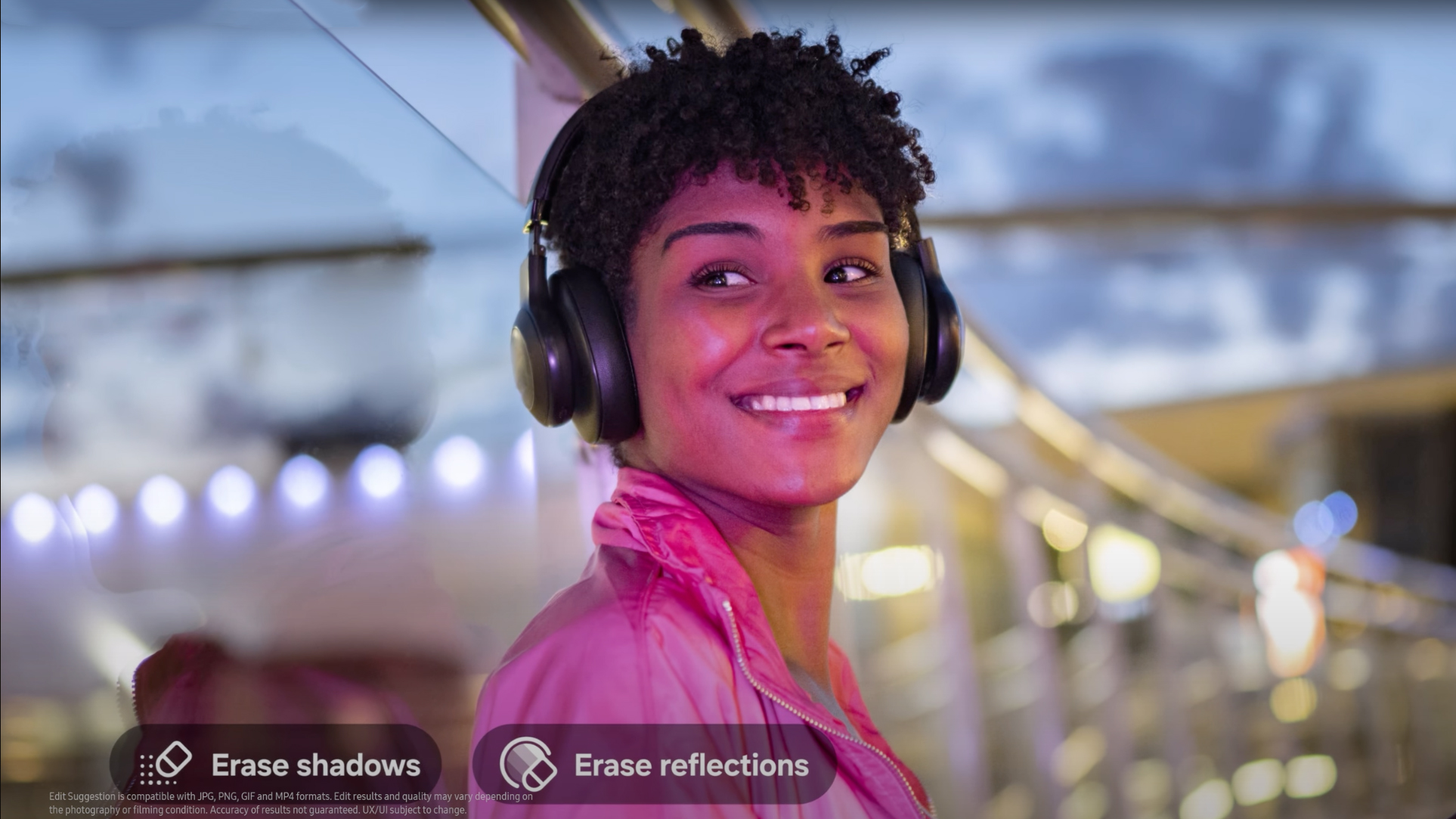
For me, the highlight of the S24's camera reveal was Instant Slow-Mo for video. Shooting scenes in slow motion is something that again troubles pro shooters today. With traditional cameras, you have to pre-empt when something spectacular is going to happen and choose a high frame-rate and shutter speed, which comes with compromises.
Sign up for breaking news, reviews, opinion, top tech deals, and more.
However, because Instant Slow-Mo is able to generate extra frames based on movement in the scene, you can achieve the effect instantly by holding your finger on the screen while shooting standard 4K/60p video, or afterwards when the action is over. It doesn't work perfectly yet – our hands-on review found that it produced some "weird artifacting", something I’ve also seen with certain Pixel 8 Pro features, such as Magic Editor. But the idea is certainly a promising one.
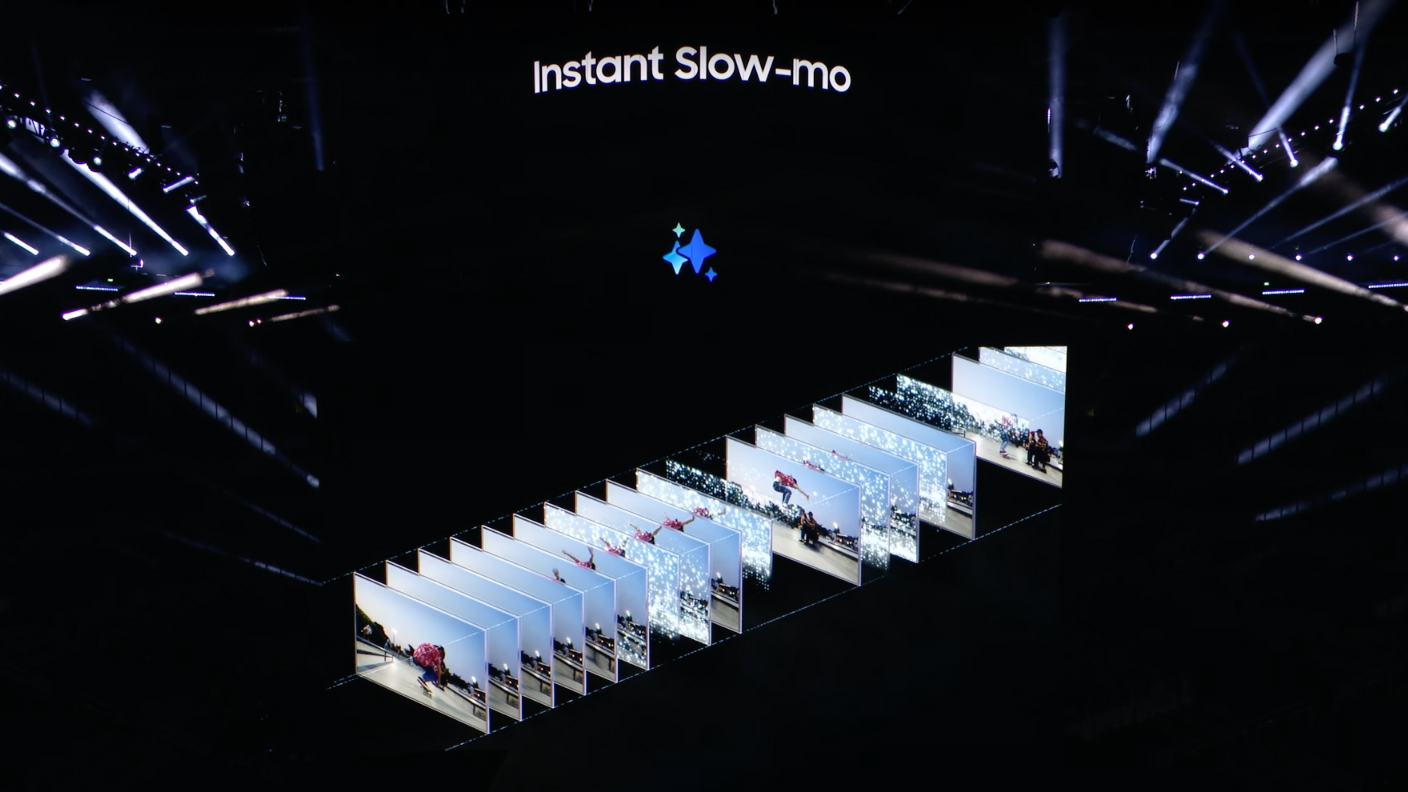
In a similar vein, I also like the fact that whenever the Galaxy S24 uses generative AI to amplify an image, a watermark is added to the image and the metadata. That's a sensible move that echoes Sony, Canon and Nikon's attempts to combat deepfakes with digital signature tech and Adobe's Content Authenticity Initiative (CIA).
But I also have three big concerns about the Galaxy S24's AI tricks and what it's going to do for photography and video – or what Samsung loves to call "content creation"...
The case against
The first concern is simply that, once the Galaxy S24 has taken AI editing mainstream, won't our photos ultimately all look the same? As much as Samsung claims that the S24 will learn your preferred editing style, its ProVisual engine has a one-track mind – to make your photos and videos look as "perfect" as possible. To be a T-1000 for pesky imperfections.
Samsung says the aim of its AI-powered camera is to "bring your creativity to life". I'd argue that it achieves the opposite. Like the best AI art generators, these Galaxy AI editing tools do an incredibly good impression of creativity. They'll make your holiday photos look like they've come straight out of a glossy brochure – and there's nothing wrong with that; but let's not pretend that they're encouraging creativity. They may just make our memories all look strangely homogenous.
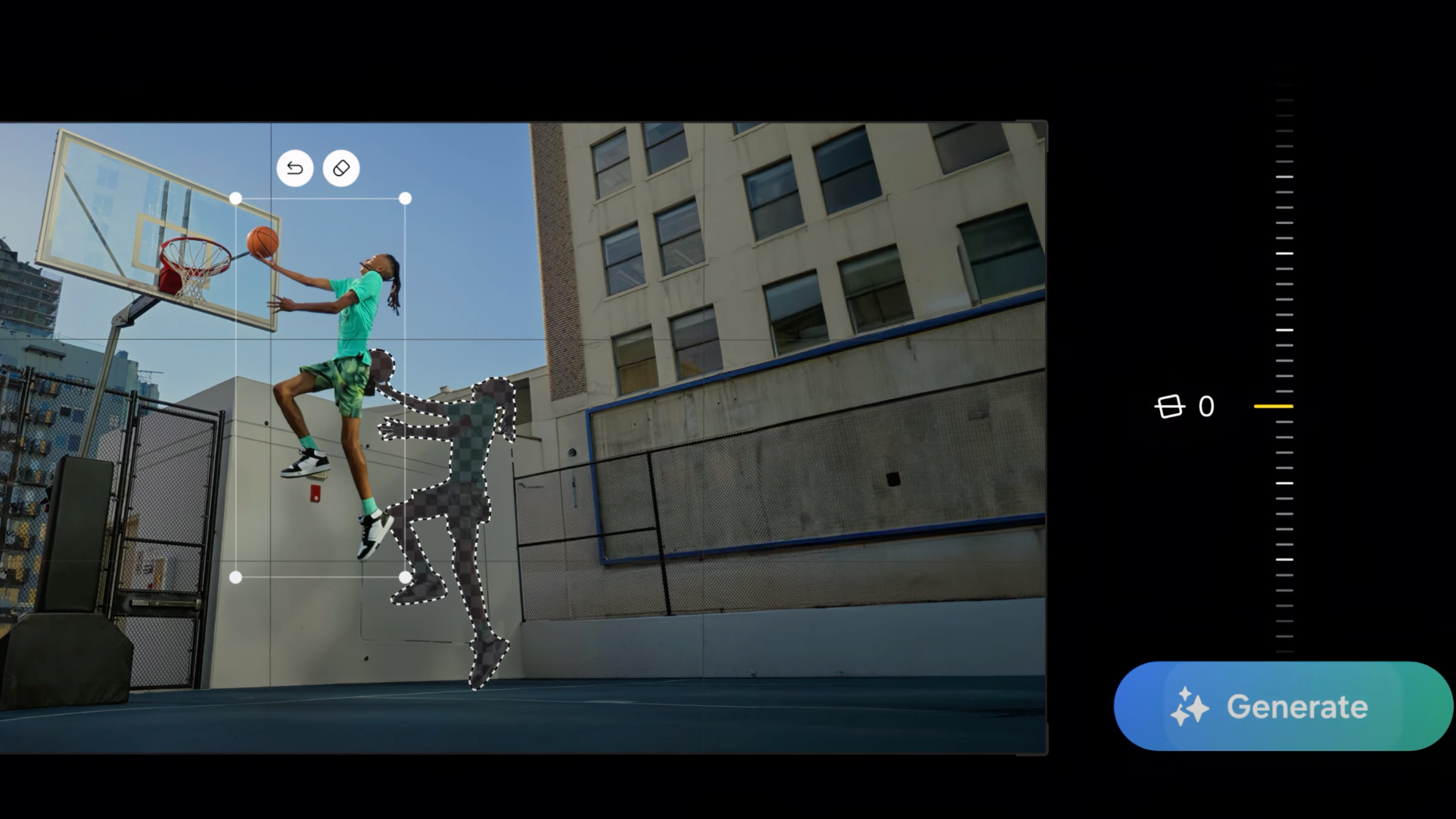
My second concern is perhaps even more old-man-yells-at-cloud. I can't really criticize Samsung for including a Generative Edit feature on the Galaxy S24 series that lets users move objects around photos – after all, Google and Adobe have both let that generative genie out of the bottle. But given the Galaxy range's popularity and reach, that feature could again spark a significant change.
From now on, our camera rolls will no longer be digital photo albums or diaries, but more like Pixar-style dream worlds that you can't fully trust. Yes, image manipulation is as old as photography, and all digital photos are an act of recreation to a degree, but this is different. Somehow, I don't think watermarks and metadata will stem that tide.
These arguments about generative AI will probably date as badly as the horse owners who decried the dawn of the motor car, but my final concern is likely more universal. The Galaxy S24's fine-print revealed that “Galaxy AI features will be provided for free until the end of 2025 on supported Samsung Galaxy devices", after which there will presumably be some sort of subscription.

We don't yet know which features will be paid-for, but the conclusion is clear – smartphone giants such as Samsung see AI-powered camera features as the next cloud storage-style cash cow. Somehow, this feels worse than that – ring-fencing features that are inside an already expensive pocket camera brings to mind BMW's doomed attempt to charge a subscription for heated car seats.
We'll see how that one plays out, but I don't remember paying a subscription for Portrait mode. Admittedly, Portrait mode doesn't require expensive cloud processing, but smartphone cameras are about to get a lot more messy and confusing – and that undermines the user-friendliness of these new AI features.
You press the button, we do the rest
It’s been an incredible five years or so for smartphone cameras – and with the Samsung Galaxy S24, we're moving into the next age of mobile photography, one where we have an intelligent, robot photo editor in our pockets.
The Google Pixel 8 Pro kickstarted this era, becoming the first smartphone to bake generative AI right into its photography process. But the Galaxy S24 series, with features such as Edit Suggestion and Generative Fill, promises to take it mainstream – and that will be as significant as the arrival of computational photography in 2016.

The S24's ProVisual engine definitely still needs some major tuning, and AI photo editing is far from a consistent magic trick. But for someone who has spent years reviewing cameras, it definitely feels like the start of something big – and also the modern-day successor to Kodak's famous "you press the button, we do the rest" campaign for its early cameras (that was an incredible 135 years ago).
Back then, photography was derided by painters and artists as being a soulless, mechanical impression of real creativity. Maybe generative AI editing will win me over eventually; but for now, Samsung has done an impressive job (subscription concerns aside) at bringing it to the Galaxy S24 series in a useful, restrained way. Exactly how well it all performs in the real world is something we'll discover soon in our full Galaxy S24 review.
You might also like

Mark is TechRadar's Senior news editor. Having worked in tech journalism for a ludicrous 17 years, Mark is now attempting to break the world record for the number of camera bags hoarded by one person. He was previously Cameras Editor at both TechRadar and Trusted Reviews, Acting editor on Stuff.tv, as well as Features editor and Reviews editor on Stuff magazine. As a freelancer, he's contributed to titles including The Sunday Times, FourFourTwo and Arena. And in a former life, he also won The Daily Telegraph's Young Sportswriter of the Year. But that was before he discovered the strange joys of getting up at 4am for a photo shoot in London's Square Mile.